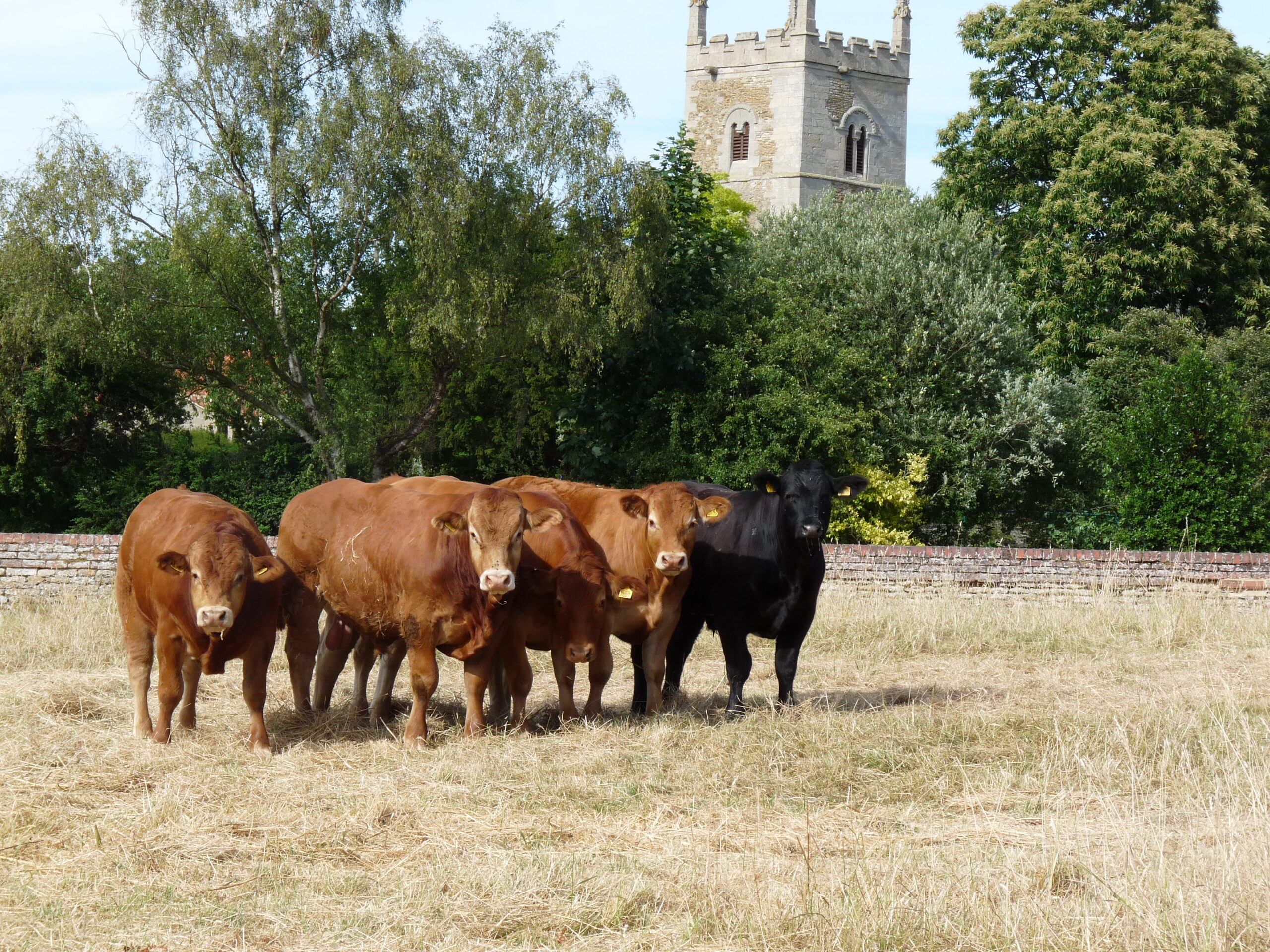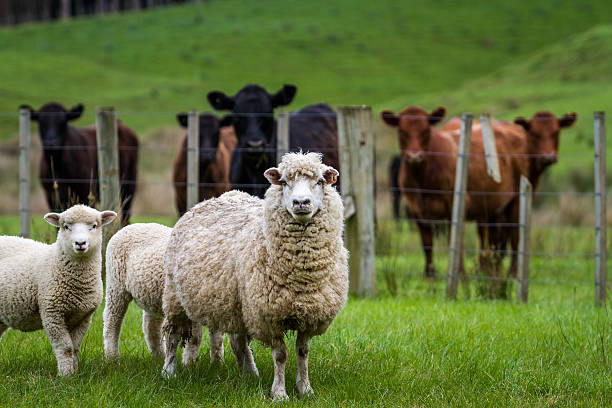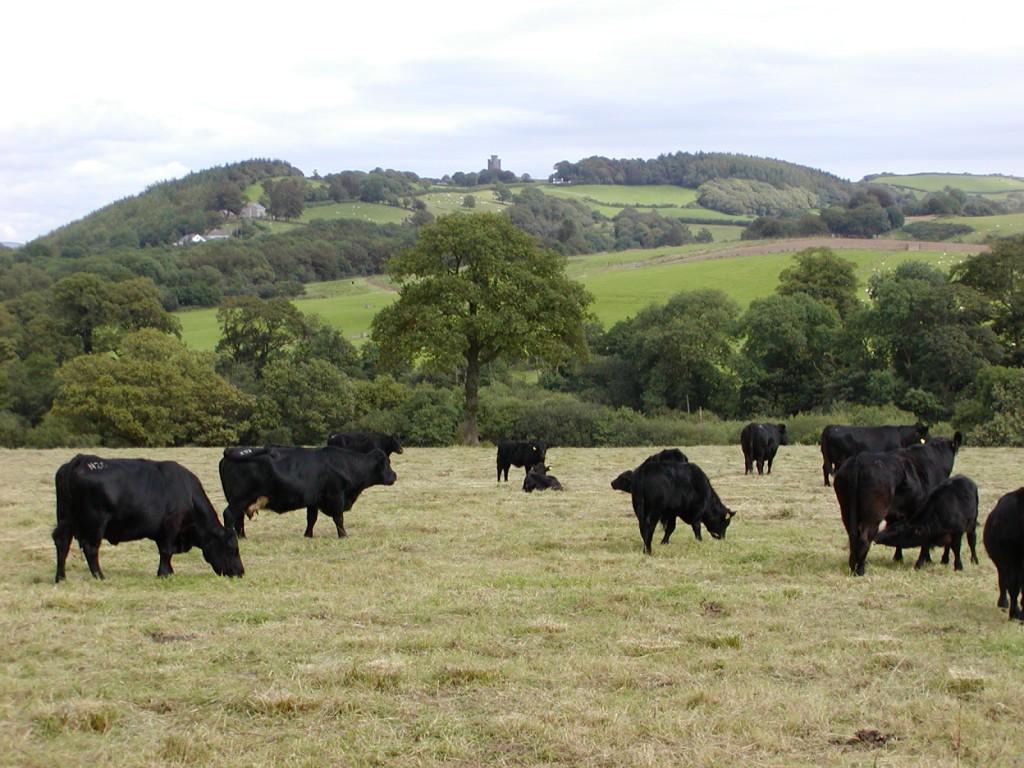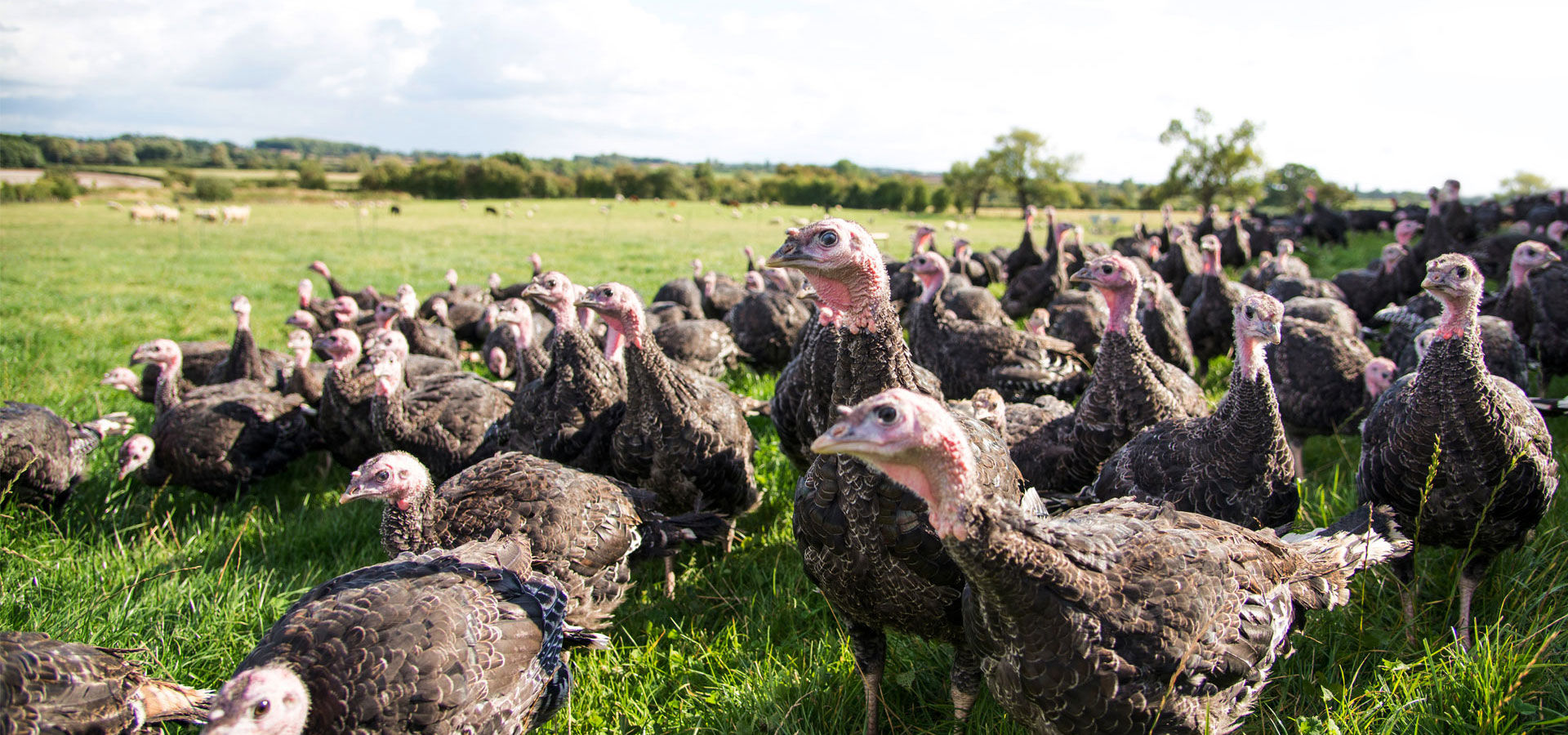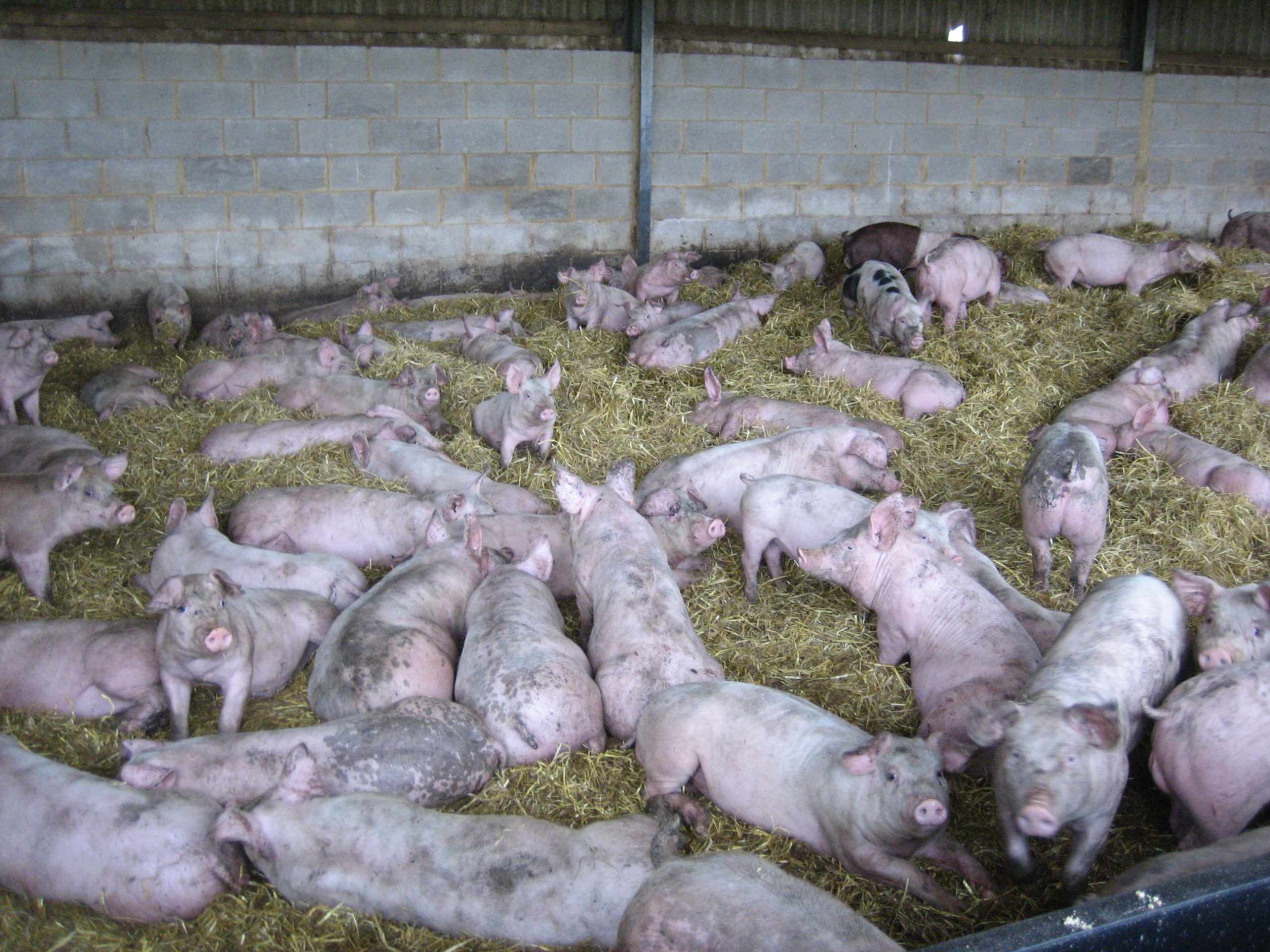High input costs look set to keep global milk supplies in check. The AHDB is forecasting supplies for 2022 increasing by just 0.6% (1.8bn litres); this follows an estimated year-on-year increase of 0.9% in 2021 (Dec data is still provisional). Similar to the UK, high input costs, labour shortages and increasing environmental requirements are offsetting strong prices globally.
At home, feed costs look to have stabilised, but energy and fertiliser prices rose significantly during autumn, leading to a reduction in production; particularly for GB. Northern Ireland continues to buck the trend. Data from AHDB shows GB deliveries for November 3.3% less than the previous year, whilst NI production was up 3.2% for the month. UK deliveries overall for November were down -2.3%, with latest December UK deliveries also down by -2.4% compared with year earlier production (see KFFs for UK data).
With a fall in input costs looking unlikely any time soon, processors continue to increase milk prices to try to secure deliveries. Following on from some big increases announced in January, below are a few for February as processors try to secure milk production;
- 0.75ppl increase for First Milk members, taking their manufacturing standard litre to 34.75ppl
- Meadow Food Supplies and Muller Direct have both announced a 1ppl increase meaning producers’ liquid standard litre for both processors will be 34ppl from 1st February
- Yew Tree Dairy has announced a minimum 2ppl increase, this will be 0.5ppl on 1st February and at least a further 1.5ppl from 1st March giving a standard litre price of 34ppl in February and a minimum of 35.5ppl in March.
- Medina has announced a further 3ppl increase for February (following 3ppl in January) taking its liquid standard litre to 35.8ppl
- Freshways has already announced it will be increasing its price in March by 3ppl, which will see its liquid standard litre rise to 36ppl.
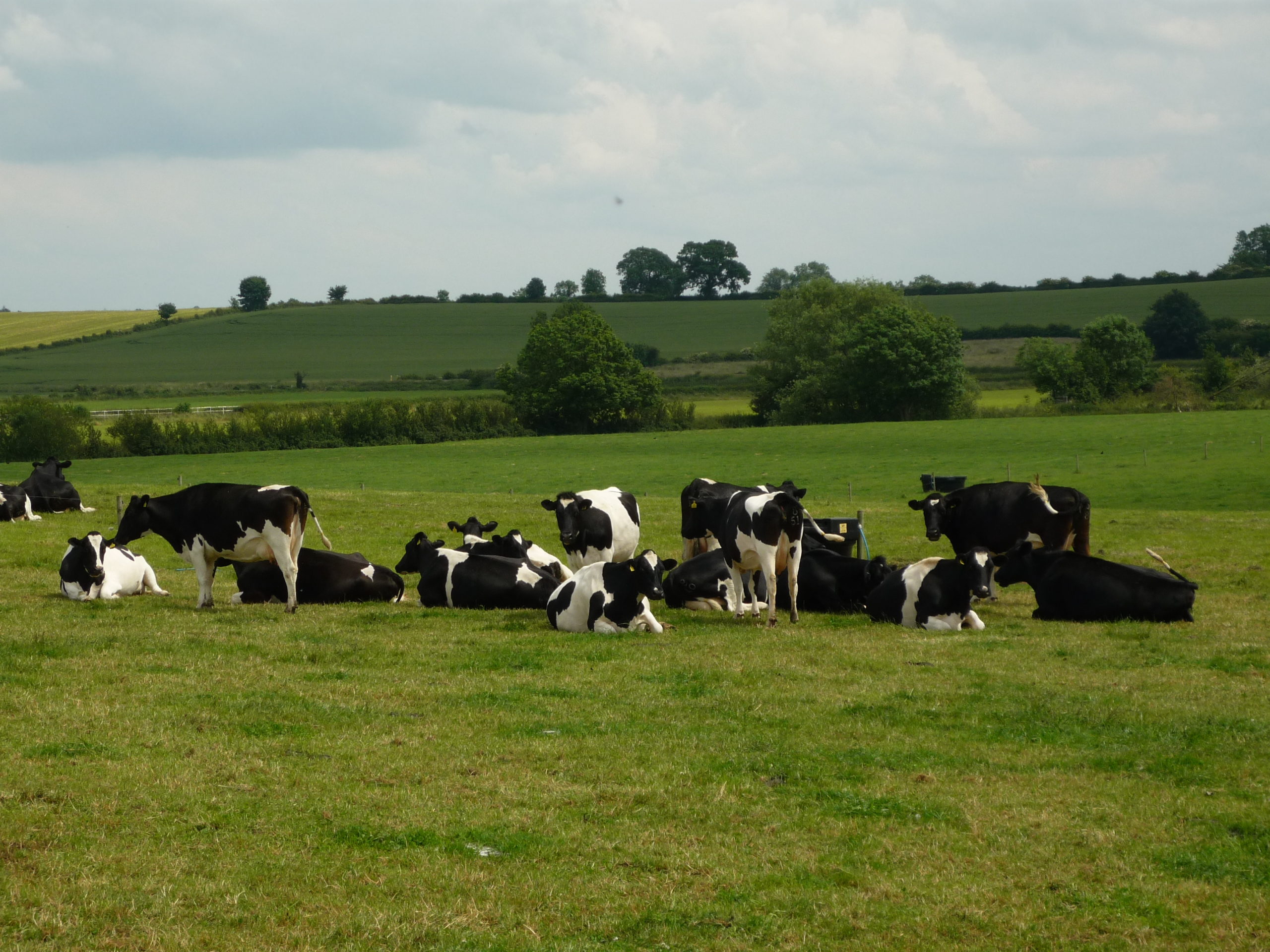
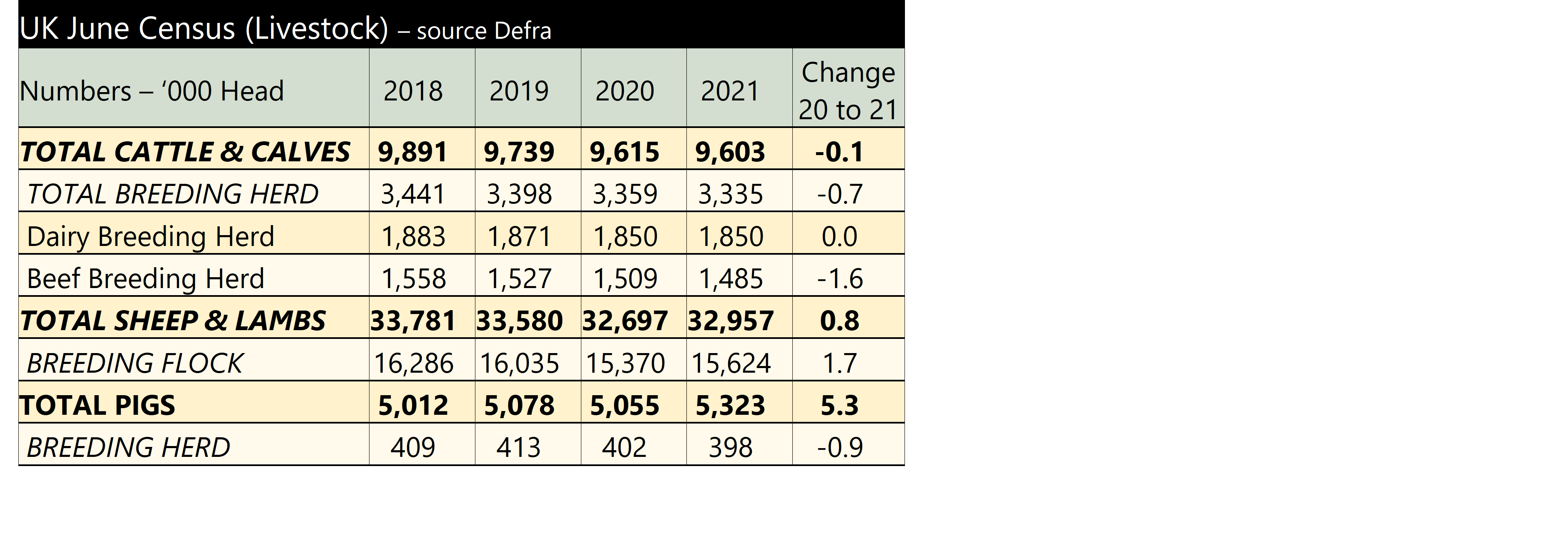 Although the pig breeding herd has experienced a decline, total pig numbers have increased by 5.3%. This is likely to be as a result of producers having to keep pigs on farm longer than normal due to a reduction in the processing facilities experienced this year, rather than a fundamental increase in production. The economic climate for pig producers is currently very challenging and we could see a further contraction of the breeding herd unless circumstances improve. The full Survey results can be found at
Although the pig breeding herd has experienced a decline, total pig numbers have increased by 5.3%. This is likely to be as a result of producers having to keep pigs on farm longer than normal due to a reduction in the processing facilities experienced this year, rather than a fundamental increase in production. The economic climate for pig producers is currently very challenging and we could see a further contraction of the breeding herd unless circumstances improve. The full Survey results can be found at 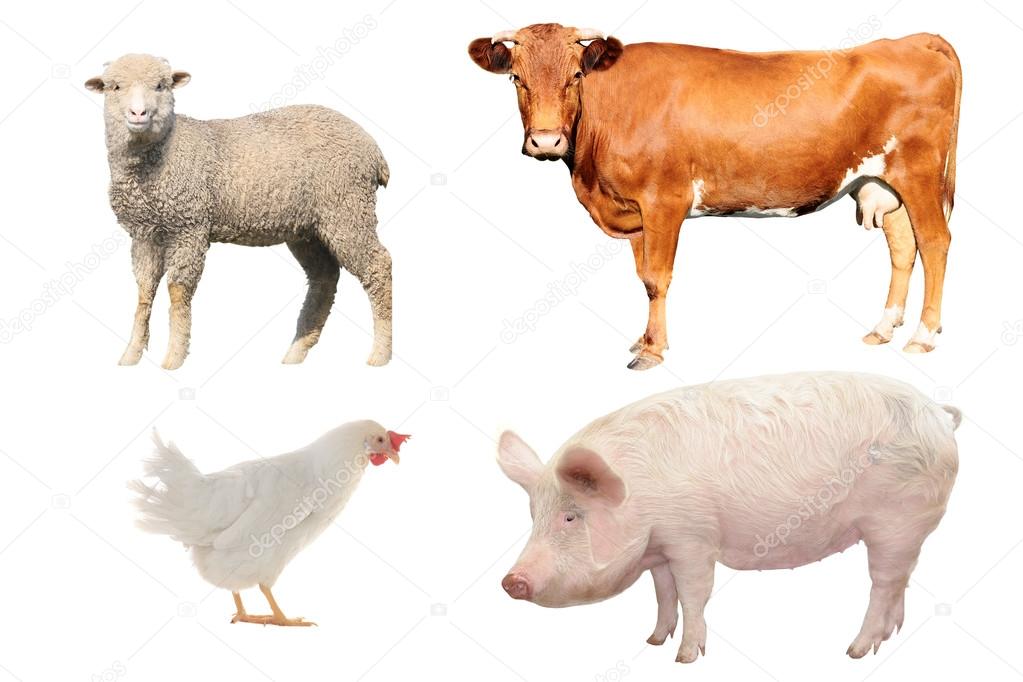
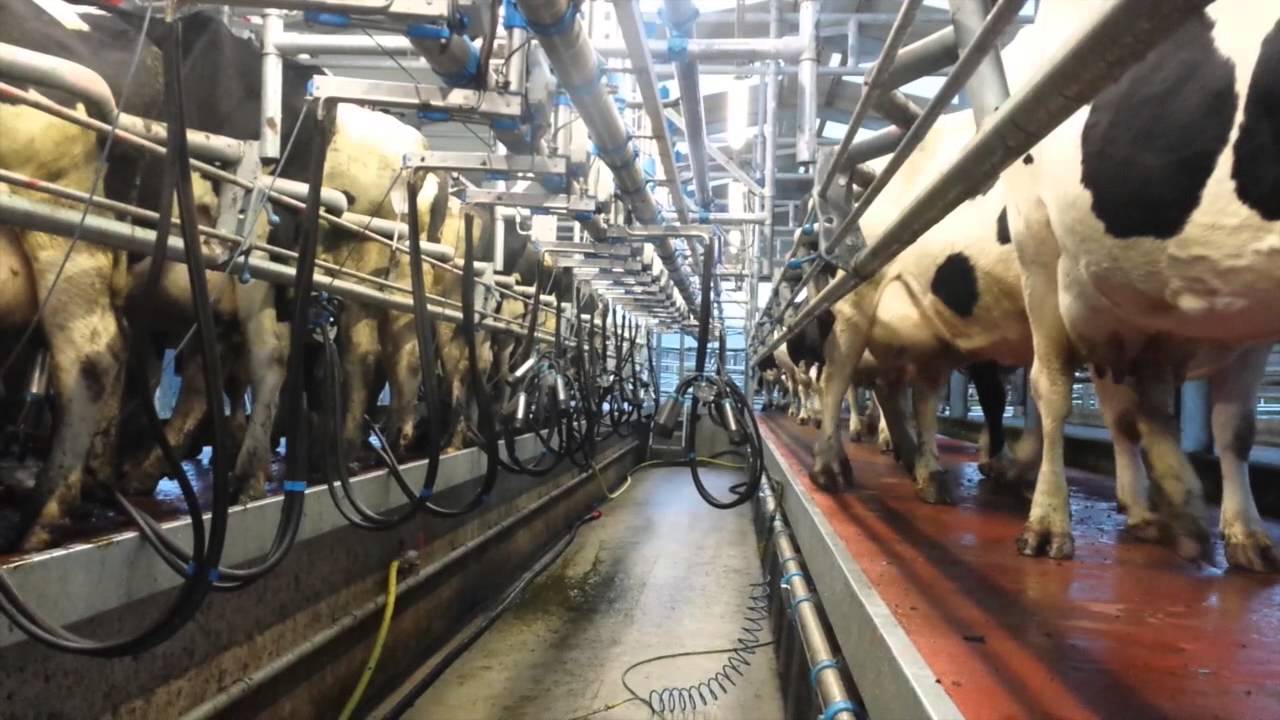
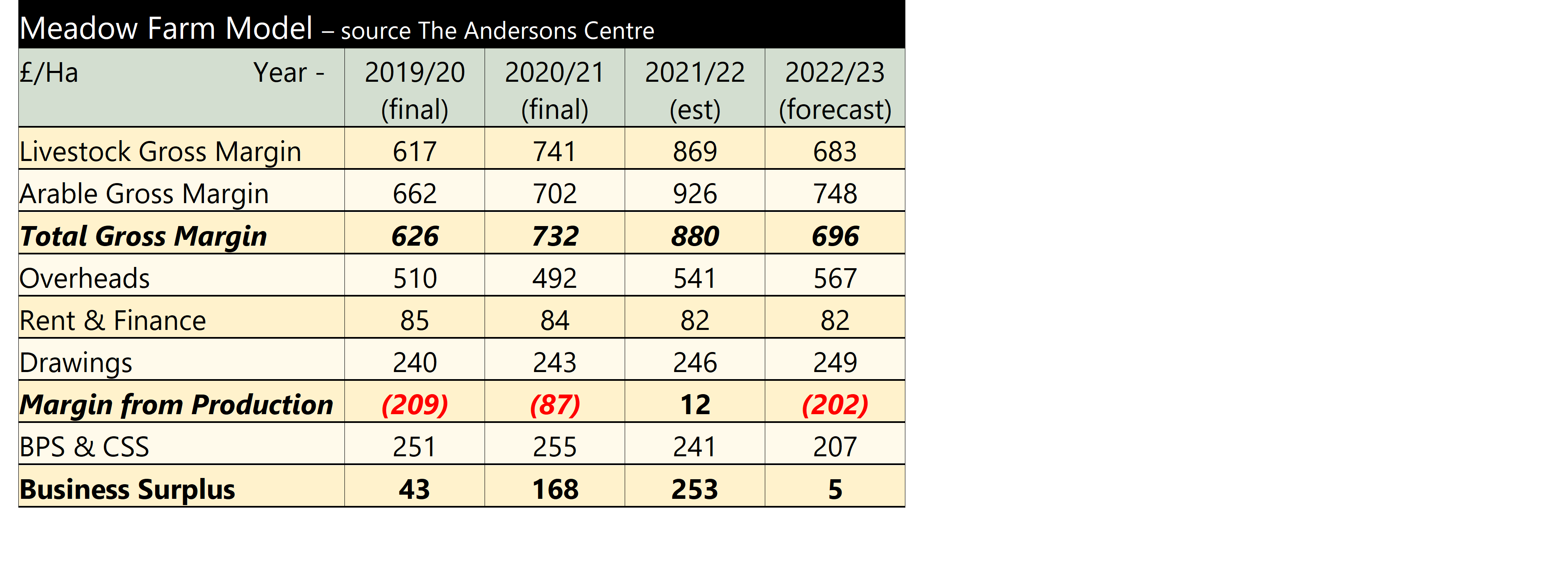 The final column is a forecast for 2022/23. Livestock prices are expected to drop back as supplies start to increase, likewise arable prices and yields are expected to be more ‘normal’ but fertiliser costs have increased. Overheads rise due to increased fuel prices and the proprietors are planning to invest in a new cattle shed, to replace old ones, meaning the depreciation increases. The result is the the margin from production is back to 2019/20 levels but with the BPS reduced by 20%, the business surplus is very small. The proprietors of Meadow Farm are keeping an eye on the new Sustainable Farming Incentive, to see if some of the ‘lost’ BPS can be recouped from this scheme.
The final column is a forecast for 2022/23. Livestock prices are expected to drop back as supplies start to increase, likewise arable prices and yields are expected to be more ‘normal’ but fertiliser costs have increased. Overheads rise due to increased fuel prices and the proprietors are planning to invest in a new cattle shed, to replace old ones, meaning the depreciation increases. The result is the the margin from production is back to 2019/20 levels but with the BPS reduced by 20%, the business surplus is very small. The proprietors of Meadow Farm are keeping an eye on the new Sustainable Farming Incentive, to see if some of the ‘lost’ BPS can be recouped from this scheme.